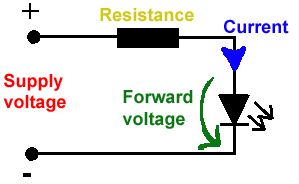Sizin için faydalı olacağını düşündüğüm bir alarm devresi malzemeler şekillerin üzerinde yazılı
bu devreleri yapmak isteyenler teknik personel olacağından ingilizce metni Türkçe ye çevirmedim bunun böyle olması bence daha sağlıklı olabilir biraz sizi uğraştıracak olsada sizin daha iyi anlamanızı da sağlar sanırım
It's easy to use. When you switch on the alarm - you have about 30 seconds to leave the building. When you return and open the door - the Buzzer will sound. You have about 30 seconds to switch off the alarm.
If you fail to do so - the Siren will sound.After about 10 minutes - the alarm will attempt to reset itself. If the trigger circuit has been restored - the attempt will be successful. But - if the loop is still open - the attempt will fail - and the alarm will re-activate. Of course - you can turn the Siren off at any time by switching off the alarm.

A conventional bell uses up to about 400ma. An electronic siren generally uses less. If you intend to draw a heavier current from either the Buzzer or Siren terminals - the SCR in question will need to be bolted to a metal heatsink - and the relay contacts may need upgrading.If you don't want the timed "cut-off and reset" feature - leave out D5, D6, R11, R12, Q3, Q4, C6 and the Relay.Because of manufacturing tolerances - the precise length of any delay depends on the characteristics of the actual components you've used in your circuit. But - to some degree - by altering the values of R2, R7 & R11 you can adjust the Exit, Entry and Reset times to suit your requirements. Increasing the values increases the time - and vice-versa.







Hiç yorum yok:
Yorum Gönder